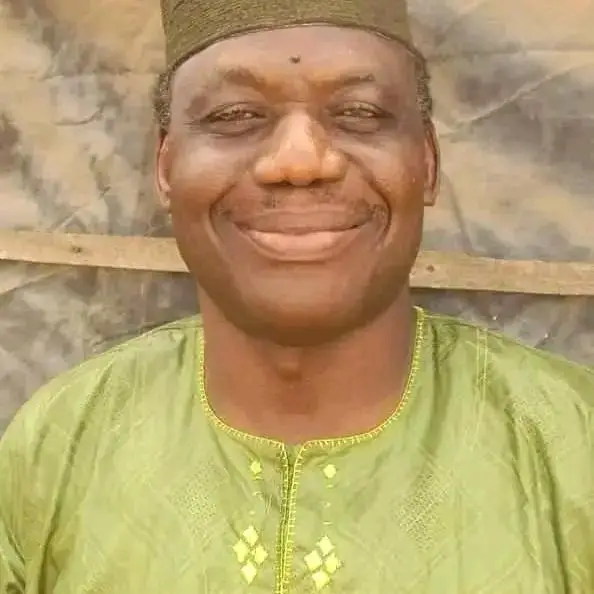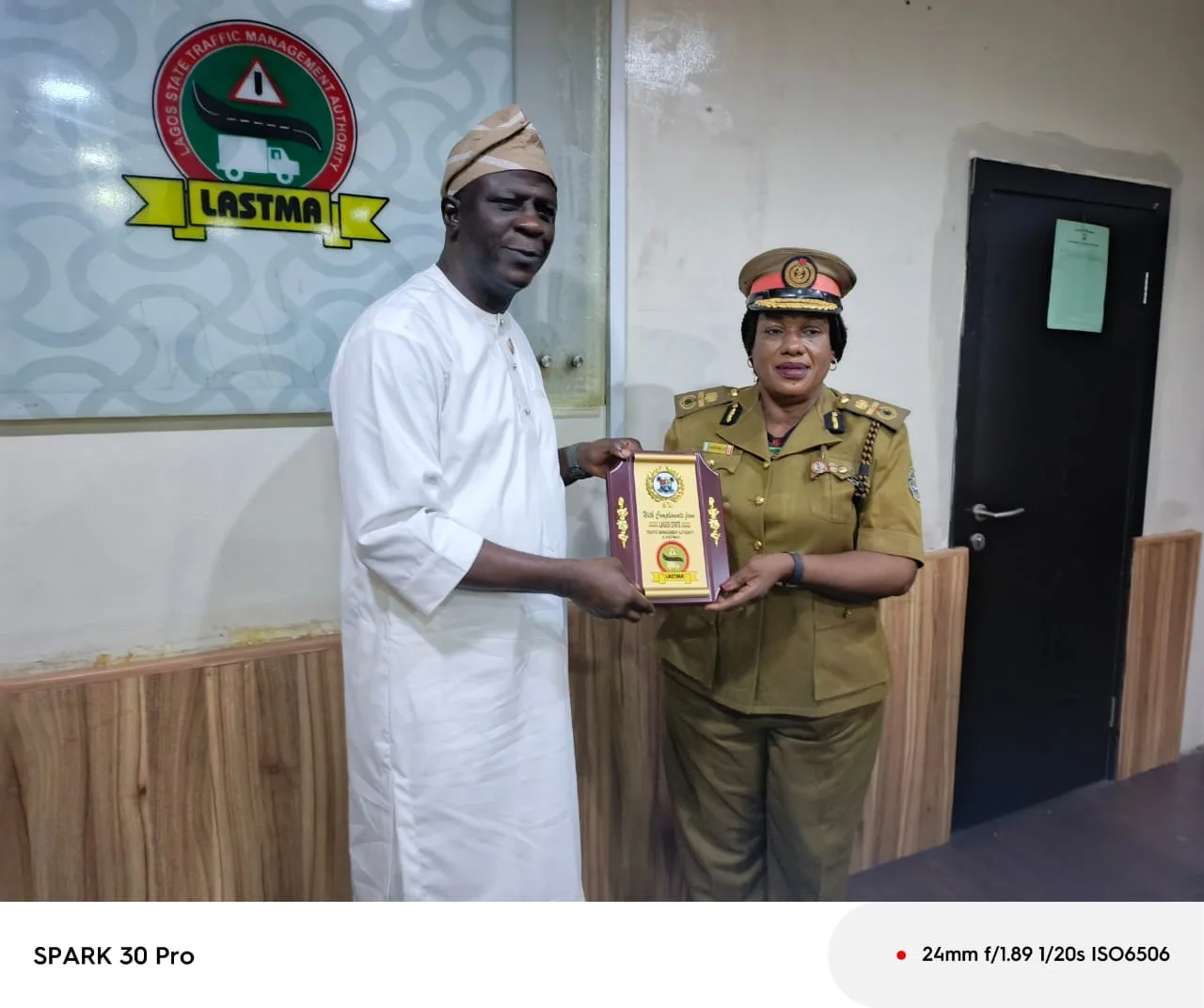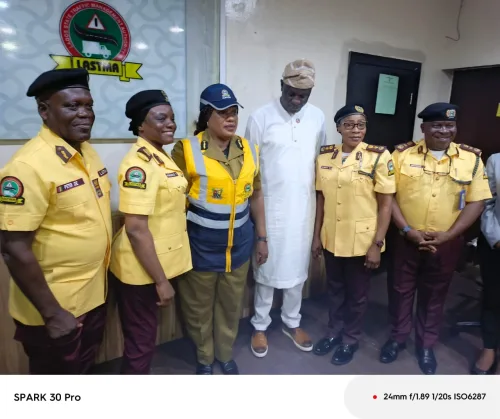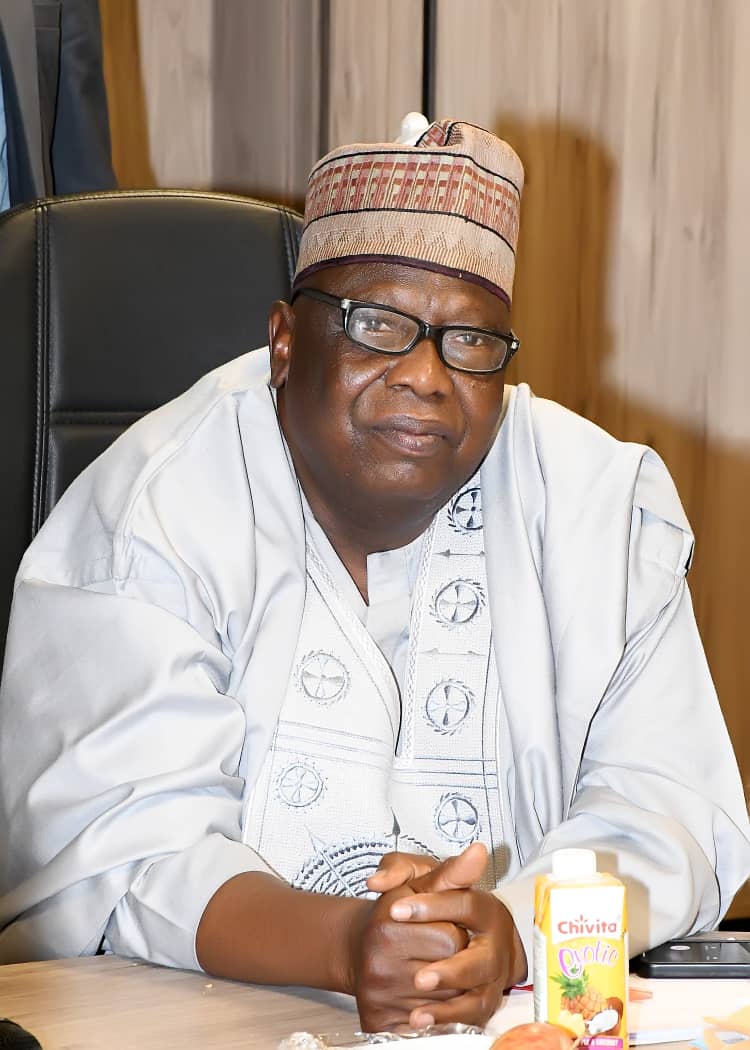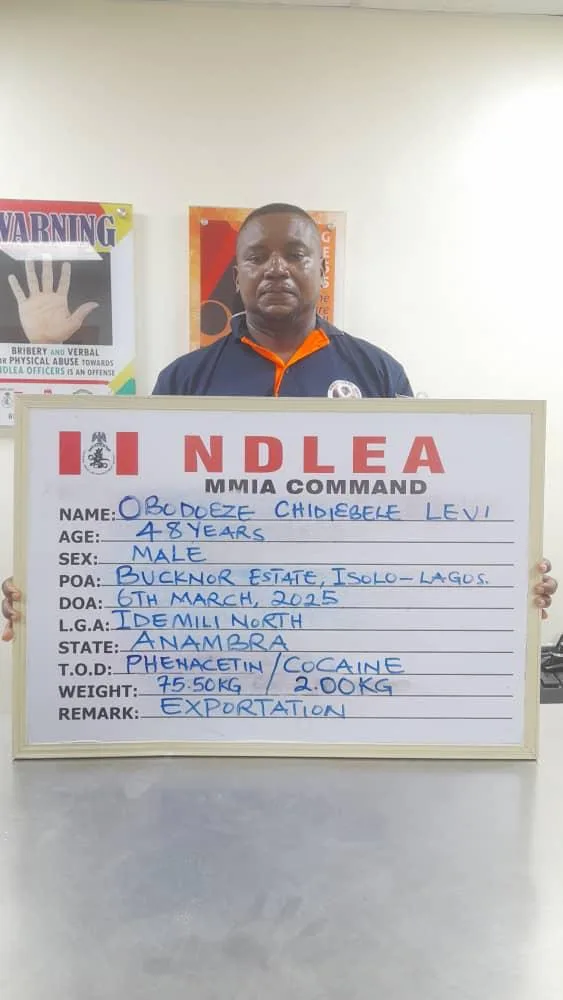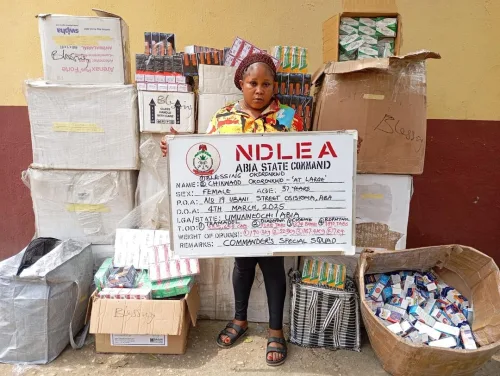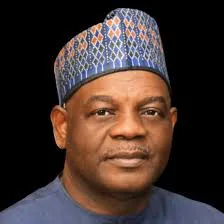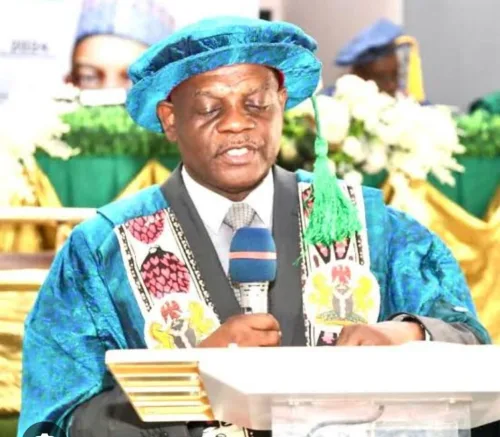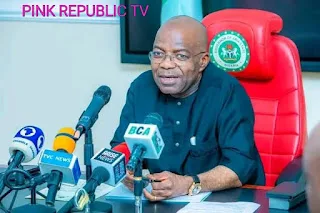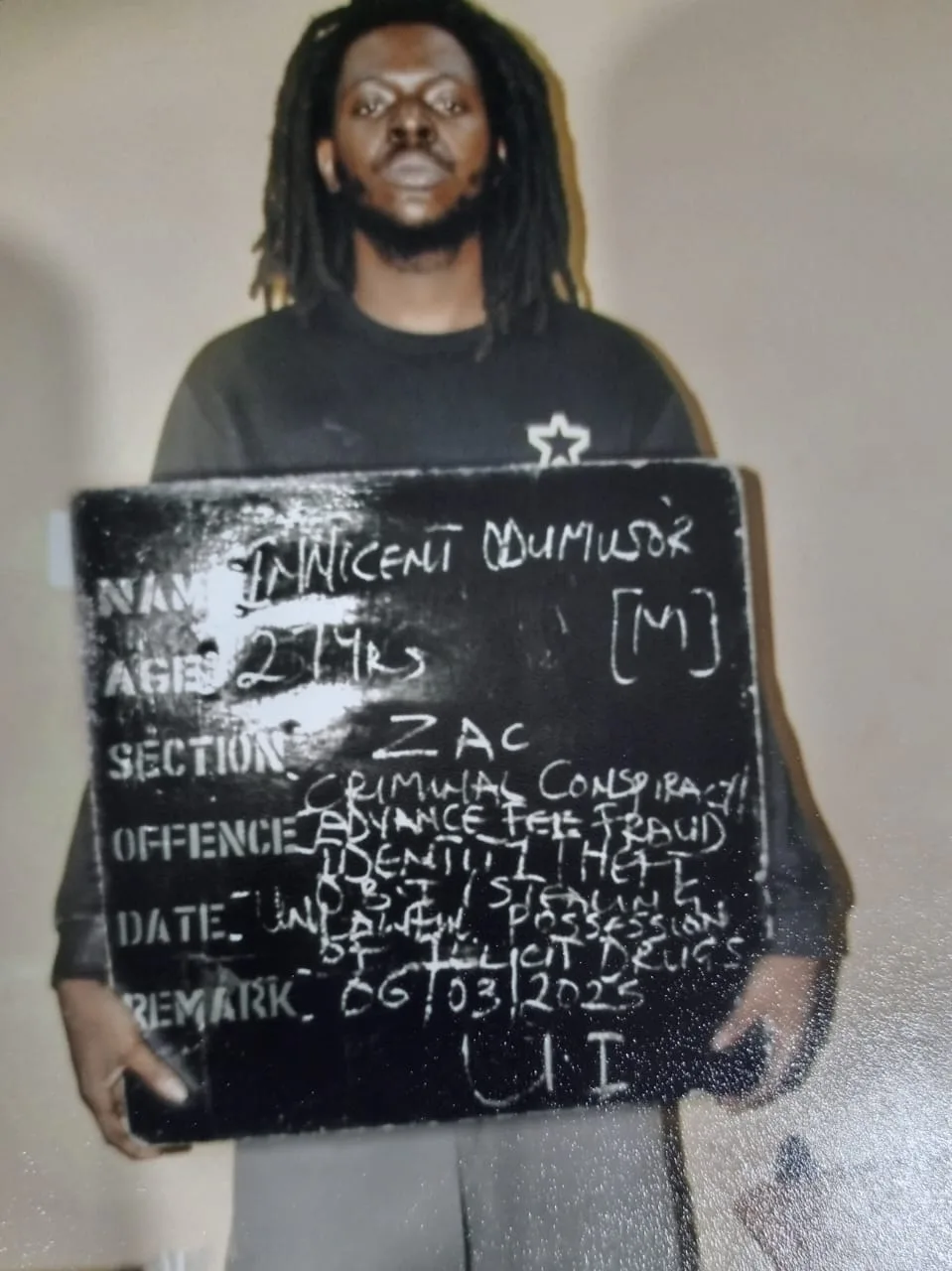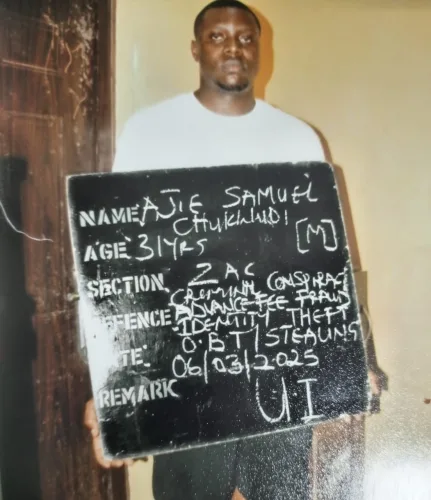By Ayo Baje
Quote:
“There are several court rulings, including that of the Court of Appeal, each of which deems it illegal to suspend an elected member of the legislature. The recent suspension of Senator Natasha Akpoti – Uduaghan is therefore, the height of legislative recklessness”
- Femi Falana ( SAN) (reacting to the recent incident)
When and where might – is – right, as amply demonstrated by the recent outrageous and illegal suspension of Senator Natasha Akpoti-Uduaghan, representing Kogi Central Senatorial District at the Red Chamber – without salary or allowances – it does not only question the authority on which the lawmakers stand to carry out their statutory functions but ridicules the manner of democracy we practise here in Nigeria. And if the wrong done is not righted within the shortest possible time, it goes further to de-brand our so called democratic structure that places overt power of the jungle mantra of might – is – right on the elected representatives of the people above the wishes of the led majority. That indeed, is both an aberration and a legislative anomaly, triggered by the senator’s suspension, hence the outrage it has so far evolved. But let us first take an objective analysis of the drama that led to the development.
Senator Natasha Akpoti-Uduaghan ‘s suspension took place after she submitted a petition alleging being sexually harassed by the Senate President, Godswill Akpabio. After dismissing her petition on procedural ground the Ethics Committee, as led by Neda Imasuen ( Labour Party, Edo South) recommended her suspension for six months claiming that she brought ” public opprobrium”to the Upper Chamber of the National Assembly. Though some members wanted the suspension reduced to three months, 14 members of the Committee stood by their decision, insisting that Natasha did not attend the investigative hearing to defend herself. In fact, they went further to ask her to tender an apology to the same Senate President Akpabio she has accused of sexual harassment, for her outburst during the plenary session!
Expectedly, the steamy situation has sparked off some flaming questions with regards to the rule of law under such circumstances. For instance, is it not her inalienable right to reject the sitting arrangement, which was surreptitiously meant to relegate her to the legislative shadows? Good enough, the answer is not far -fetched. According to Natasha’s legal counsel, Victor Giwa the Nigerian constitution of 1999, (as amended) supersedes the Senate’s Standing Orders. Specifically, Section 6, Sub-Section (6) of that constitution grants every citizen the right to seek redress in court when their civil rights are violated. Incidentally, she has done so, with her knowledge of the law.
The next question has to do with the best of ways to handle a delicate matter such as this. Should the matter not have been made open by placing it before an independent panel, to investigate and make recommendations in the interest of justice? That is, instead of slamming Natasha for having the gut, the temerity and audacity to express her complaints at the Senate chamber? According to Giwa the suspension of his client is definitely a brazen attempt to silence her. But unfortunately, for those behind it all it has only emboldened her to seek for justice going through the right process. In Giwa’s words: “The Committee disobeyed a valid court order that was served on them, making a mockery of the chamber that is supposed to uphold the law”. That should serve as food-for-thought for the masterminds behind the illegal suspension of the senator.
That perhaps, aptly explains why the Nigeria Bar Association ( NBA) has slammed the Senate by not giving her, the complainant to present her sexual harassment claim against Akpabio. That reminds us of the odious ” off the mic ” scenario that has played out each time an issue of public interest is being denied an objective investigation. The lawmakers, especially those who are bent on attempting to paper over cracks, or give a person a bad name to hang him or her must be reminded that there is a court order restraining the Senate from taking an action on the matter, pending the determination of of s motion on notice. The mishandling of the matter at hand by the senators is what has emboldened Natasha’s lawyer, Giwa to declare her suspension as ” null and void”. Yet, he is not the only person to outrightly condemn the illegality that has evolved so far.
The world acclaimed Women Rights activist, Hadiza Ado described Natasha’s suspension as amounting to a “,sad day for Nigerian women”. On its part the Socio–Economic Rights and Accountability Project ( SERAP ) has described it as “patently unlawful”and a clear violation of her right to freedom of speech. The organization has therefore, called on the Senate President Akpabio to reinstate her without further delay or face their legal action against such oddity. Similarly, the Peoples Democratic Party, PDP to which Natasha belongs has described as her suspension as am attempt by the Senate ” to cover up an issue”. That is according to the National Publicity Secretary, Debbo Ologunagba.So, what really could it be?
It would be recalled that on February 28, 2025 right on ARISE television, Natasha made a bold allegation of sexual harassment against the Senate President Akpabio.While some concerned Nigerians wondered why she went as far as that point of publicity, others knowing fully well about her background as an Ihima- born lady brought up with high moral standards would not kowtow to, be cowed by anyone, or acquiesce to the weird and wild emotional inclinations of a man for whatever reasons.
So, as the AKPoti -AKPabio saga rolls out, the lesson to learn is for people to always strike the delicate balance between the Motive and the Method of our utterances and actions. And of course, the brand we want to be recognized and stand for in our chequered journeys on Planet Earth. Of great significance also is the piece of admonition by Natasha’s legal counsel, Giwa, that: ” The Senate must abide by international best practices” all because the world is watching us.

